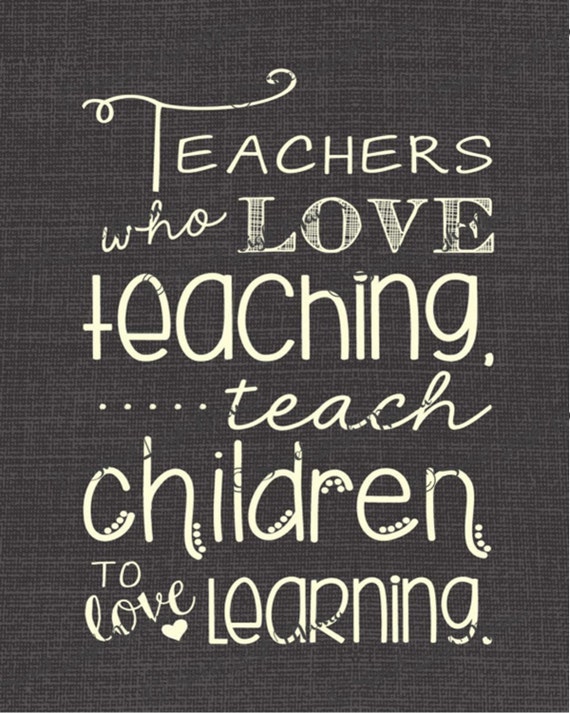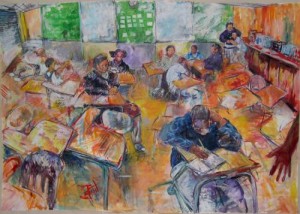So today is my day to pull everything together in preparation for a workshop I am facilitating at QPAT’s teacher convention on Friday, November 23. My session is called:
OurPads: Using iPads to increase student engagement and enhance learning in the FG classroom.
**Adult education in Quebec is rife with accronyms. QPAT = Quebec Provincial Association of Teachers. FG = Formation Géneral in French, which basically stands for general education. It’s the academic side of adult ed.**
While prepping I decided I needed some food for thought, so whipped up a batch of these (I used the molasses and butter, added cinnamon and ginger directly to the dry, and threw in some raisins and ground nuts/seeds for good measure. Oh and used 1/2 cup almond and 1/2 cup chestnut flours. Otherwise, exactly the same ;) ) They are baking now and I have a few minutes to reflect on my session’s title.
I’m realizing that the secret to increase student engagement and enhance learning lies not with the iPads, though they are a great tool to get there. It lies with the teacher-centred PD that accompanied their introduction.
How crucial it is to focus on teacher development when we want to create change in learning. It’s not about the fancy tool/technique/methodolgy. It’s about the people.
Cookies are ready. Rather dry. I think next time I’ll go with the honey and coconut oil to make them chewier. They’ll do fine dipped in my coffee, though.
Back to work.
See you soon.





